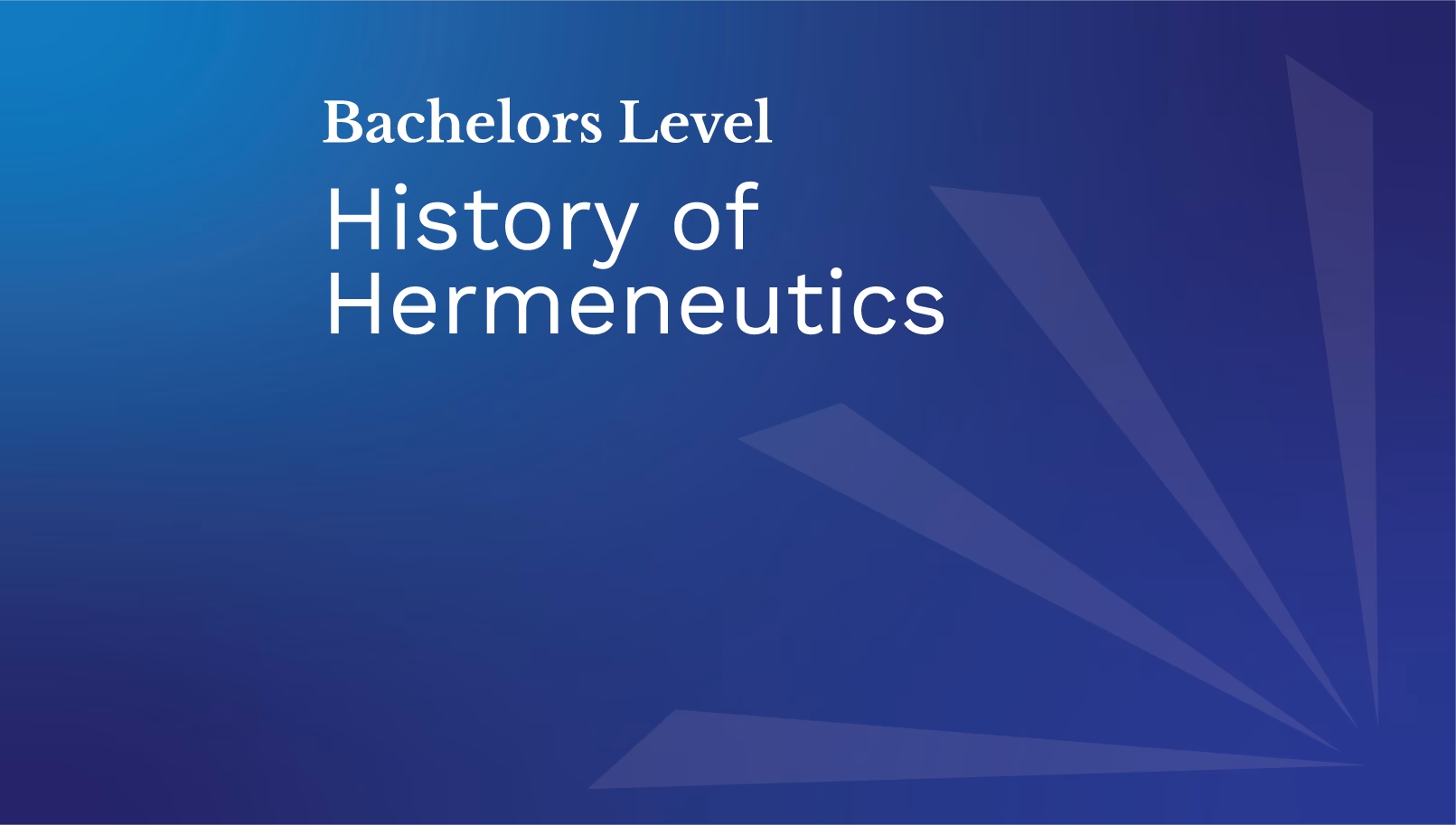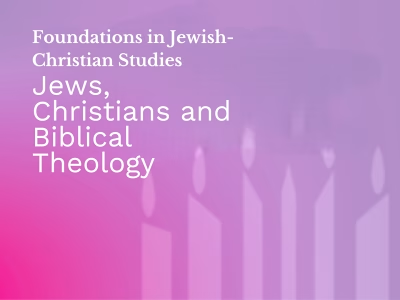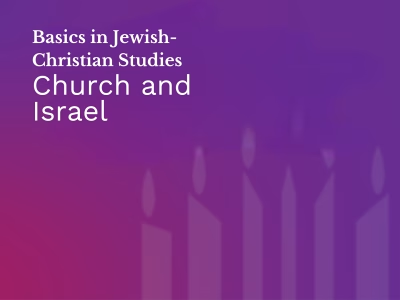This module provides an introduction to the historical methods and practice of hermeneutics, exploring its development and application within biblical studies. Designed as a continuation of studies on exegesis and hermeneutics, this module complements existing coursework in biblical interpretation and theological inquiry.
Students will engage with foundational hermeneutical theories, equipping them with the critical tools necessary for analysing key academic literature. The course also lays the groundwork for further research, offering valuable insights for those considering dissertation topics at levels 5 and 6.
Aims
- The main aim of this course is to provide students with an introduction to historical methods and practice of hermeneutics.
- The module provide students with a continuation of studies on exegesis on hermeneutics complementing modules on exegesis and biblical studies
- A further aim is a foundational understanding of hermeneutical theory that will enable improved critical analysis of relevant academic literature.
- The course offers suitable material that students may wish to examine in greater detail at dissertation levels 5 and 6.
Learning Outcomes
On completion of this module, students should be able to:
- Knowledge and understanding of the main developments in biblical hermeneutics.
- Present and describe key moments in the history of the Church.
- Explain clearly different approaches to hermeneutics.
Course Features
- Lectures 18
- Quiz 0
- Duration 52 weeks
- Skill level All levels
- Language English
- Students 0
- Certificate No
- Assessments Self
- 3 Sections
- 18 Lessons
- 52 Weeks
- Introductory notes and Assignment1
- Lectures16
- 2.1Rabbinic Hermeneutics72 Minutes
- 2.2Rabbinic Interpretation of the Old Testament Law
- 2.3Hermeneutics and the New Testament Writers47 Minutes
- 2.4Hermeneutics and the New Testament Writers Lecture Notes
- 2.5Interpretation of Scripture During the Patristic Era38 Minutes
- 2.6Medieval Approaches to Biblical Interpretation45 Minutes
- 2.7Medieval Approaches to Biblical Interpretation Lecture Notes
- 2.8How the Reformers Approached Scripture54 Minutes
- 2.9How the Reformers Approached Scripture Lecture Notes
- 2.10Puritanism and Revivalism44 Minutes
- 2.11The Enlightenment Period and Historical Criticism65 Minutes
- 2.12Fundamentalism, Bibliolatry and Proof-texting in the 20th Century60 Minutes
- 2.13Neo-Orthodoxy and Existentialism57 Minutes
- 2.14Hermeneutics of Liberation Theology82 Minutes
- 2.15Hermeneutics of Liberation Theology Lecture Notes
- 2.16Historical Roots of Pentecostalism Lecture Notes
- Reading2







